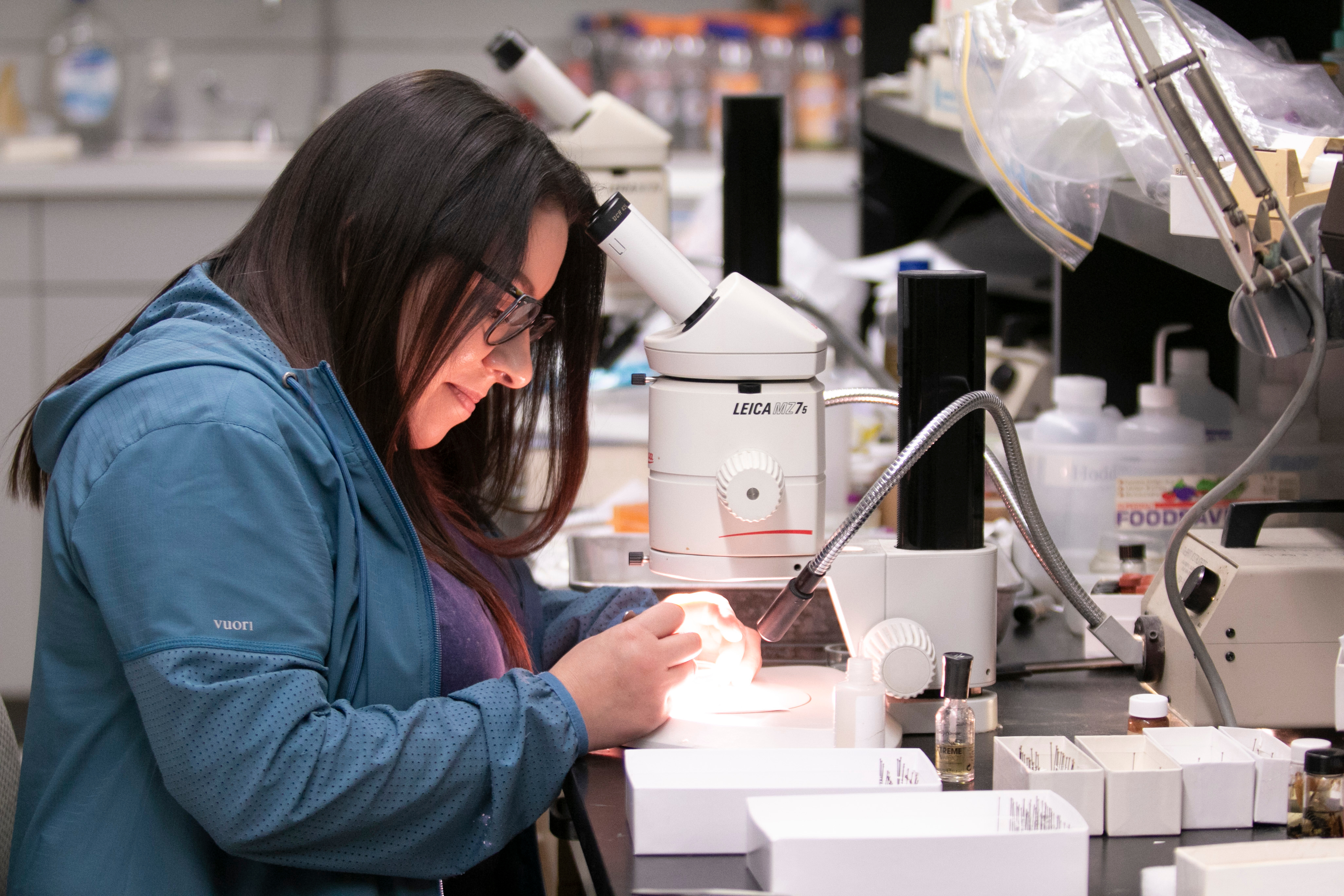Our Motto
Advancing Inclusive Excellence in STEM
The California Alliance for Maximizing Potential is designed for students in the Science, Technology, Engineering, and Mathematics [STEM] fields pursuing graduate (Master/Doctoral) degrees.
CAMP-UCR was established at the University of California, Riverside in 1994 and is funded by the National Science Foundation [NSF] and the University of California Office of the President [UCOP].
CAMP exists at nine of the UC campuses and at various California State Universities, California Community Colleges, independent colleges and universities, and national laboratories that together work to achieve a goal of doubling the numbers of minority students receiving a B.S. or a B.A. degree in the many scientific disciplines.
NSF Vision & Mission
The Louis Stokes Alliances for Minority Participation (LSAMP) program is an alliance-based program. The program's theory is based on the Tinto model for student retention referenced in the 2005 LSAMP program evaluation. The overall goal of the program is to assist universities and colleges in diversifying the nation's science, technology, engineering, and mathematics (STEM) workforce by increasing the number of STEM baccalaureate and graduate degrees awarded to populations historically underrepresented in these disciplines: African Americans, Hispanic Americans, American Indians, Alaska Natives, Native Hawaiians, and Native Pacific Islanders. LSAMP's efforts to increase diversity in STEM are aligned with the goals of the Federal Government's five-year strategic plan for STEM education, Charting a Course for Success: America’s Strategy for STEM Education.
History
In 1991, the United States Congress authorized and established the Alliances for Minority Participation, an initiative designed to substantially increase the quality and quantity of students from historically underrepresented groups who successfully complete baccalaureate degrees in Science, Technology, Engineering and Math (STEM) and continue on to earn advanced degrees in STEM disciplines. Eight years later, the initiative was renamed the Louis Stokes Alliances for Minority Participation in honor of Louis Stokes, the first African American elected to Congress in the State of Ohio.


